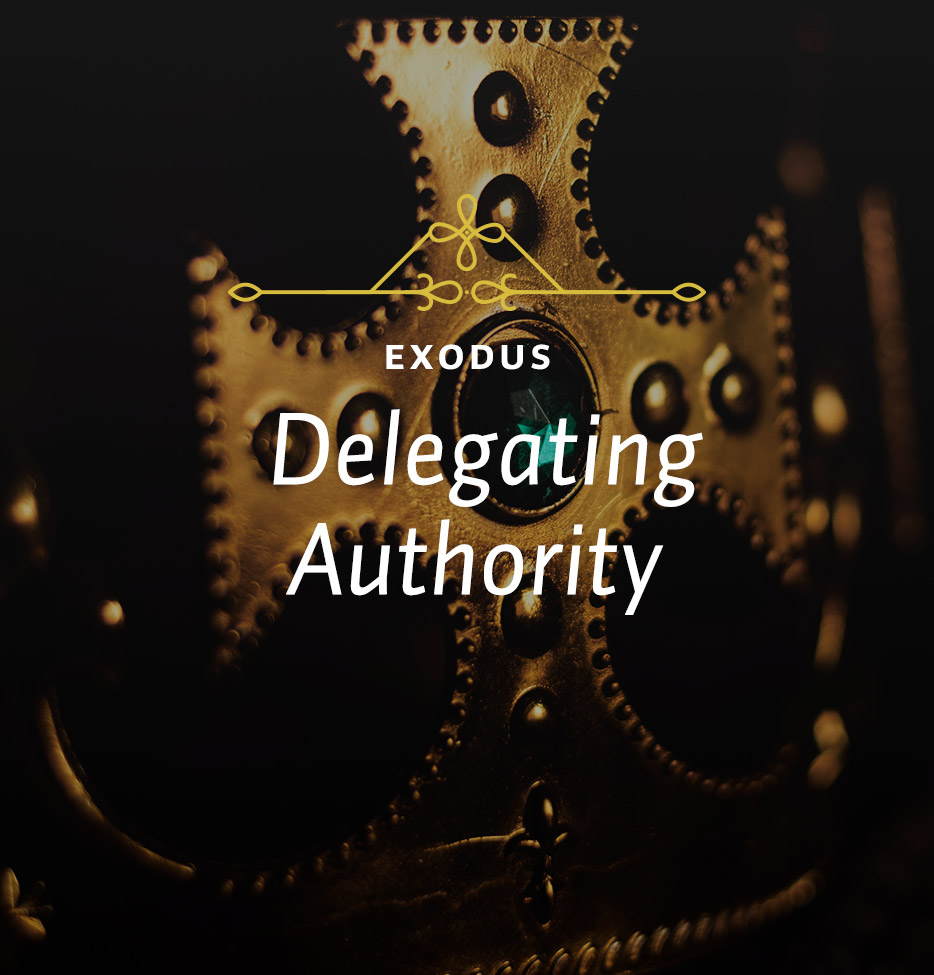The second principle is very much like the first. Not only do you need a division of authority, but you also need a plurality of leadership. You find this in the New Testament. When Christ appointed apostles, He appointed twelve. And then when the early church appointed deacons, there were seven of them. When Paul traveled around the Roman world and established churches, he always left elders in charge, never just one. In my denomination we can’t have a self-governing church until we have at least two elders. There is wisdom in having more than one elder.
In contrast, at the extreme end, cults almost always revolve around a single leader. And that’s where the great danger lies. He becomes a god figure; he assumes responsibility and authority that he has no right to have. In the Christian church it ought not to be like that. There should be a plurality of leadership to share the burden.
Jethro gave these qualifications. Some of them were spiritual and some of them had to do with various gifts for the job. You have the same thing in the New Testament. In 1 Timothy, Paul is talking about what elders and deacons should be. Included in these lists are being above reproach, the husband of one wife, temperate, self-controlled, respectable, hospitable, and apt to teach (this last one applying to elders, while also knowing that deacons may also be able to teach). Paul also talks about not being given to much wine, not violent, not greedy, and other things.
In both the Old and New Testaments we see that the people selected their leaders. In Moses’ case, he appointed the judges once the people had chosen them. This works well in the church, too. Most denominations, at least to some degree, allow the congregation to choose their minister. In a hierarchical church, a bishop makes a suggestion, but generally that’s not forced upon the people. Others work through a local church committee. For example, Presbyterian churches form a committee, which then goes out and listens to candidates, examines them, invites one back, and then presents him to the congregation for a vote. Once they have done that, the presbytery (composed of local ministers and elders) examine, approve, and install the person.
Some further applications on a personal level also follow from this practical teaching about church leadership. The first is that however great our talents may be, no one person can do everything. If anybody could have done it, it would have been Moses. But he couldn’t do it, and neither can we. This means that as we go on in life the wisdom of growing older is to focus increasingly on what you are able to do well. I have been very thankful to have had the freedom to do that in the context of the local church where I serve. At the beginning, as I said, I did many other things. But as the staff has grown, that has allowed me to focus on preaching, teaching and the things I do best. We need to work on whatever our area may be and do that as best we can. And others should do the same thing in their areas.
Second, God provides the gifts that are necessary for the health of the body. Although sometimes we have to do many different things because there is no one else to do them, the main reason why we want to do everything ourselves is pride. We think we can do better than other people. Others will get it done, but we believe that it will not be done as well. As a result, leaders get drawn into doing all these things themselves. If you analyze this thinking carefully, that really is unbelief. It’s simply not trusting that God has provided the gifts necessary in a church to get done the things that God wants to get done. We need to get into the habit of looking for the skills possessed by others and encouraging them to do the things that we can’t do ourselves.
The final application is that even a prophet should not be indifferent to advice. Moses was the one man in Israel who received revelations directly from God. Yet, when his father-in-law—someone who was not even part of this great company that he brought out of Egypt—told Moses that how he was going about things was not good and that he should do it another way, Moses listened to him. And it had beneficial results. The question is, do we listen to others? And have we cultivated friends to whom we really can listen and from whose advice we can profit?






